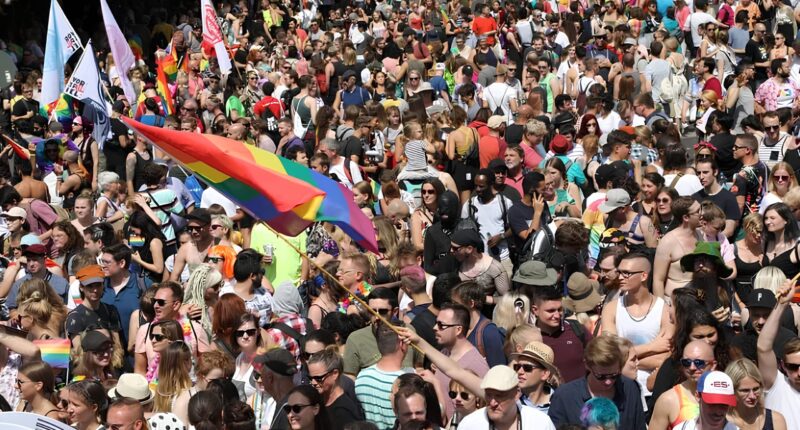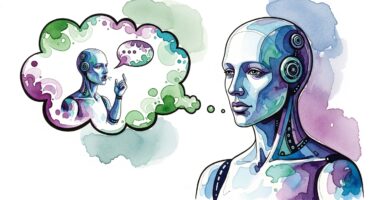University of Maine scientists theorise that human evolution has shifted from genetic adaptation to cultural systems as the primary driver of species development, with technological solutions increasingly replacing biological selection.
Timothy Waring, associate professor of economics and sustainability, and Zachary Wood, researcher in ecology and environmental sciences, published their findings in Oxford journal BioScience, arguing that cultural practices now evolve faster than genetic traits.
“Cultural evolution eats genetic evolution for breakfast,” Wood stated, emphasising the speed differential between technological adaptation and biological change.
The research suggests modern cultural systems routinely prevent genetic adaptation through technological interventions. Medical technologies, including corrective surgery, fertility treatments and caesarean sections, enable survival and reproduction in circumstances that would historically have triggered natural selection pressures.
Waring highlighted the growing importance of technological infrastructure over individual biology, noting that personal outcomes increasingly depend on cultural systems, including healthcare networks, educational institutions and governmental frameworks, rather than genetic advantages.
“Your well-being is determined less and less by your personal biology and more and more by the cultural systems that surround you,” Waring explained, citing technological accumulation of adaptive solutions as a key factor.
The researchers propose that this cultural dominance represents a fundamental evolutionary transition, comparable to historical shifts from single-cell to multicellular organisms. They suggest humans are evolving toward group-dependent organisms relying on collective cultural infrastructure rather than individual genetic fitness.
Genetic engineering exemplifies this transition, requiring complex societal organisation whilst representing cultural control over genetic material. The researchers envision potential future “superorganisms” evolving primarily through cultural rather than genetic mechanisms.
The Applied Cultural Evolution Laboratory at the University of Maine is developing mathematical models and data collection systems to measure the transition’s acceleration. The team emphasises that their theory requires empirical testing whilst cautioning against viewing cultural evolution as inherent progress.
The research highlights profound implications for technological development, suggesting that societal adaptability and cultural institutions may play a more significant role in determining species survival than individual biological traits.











